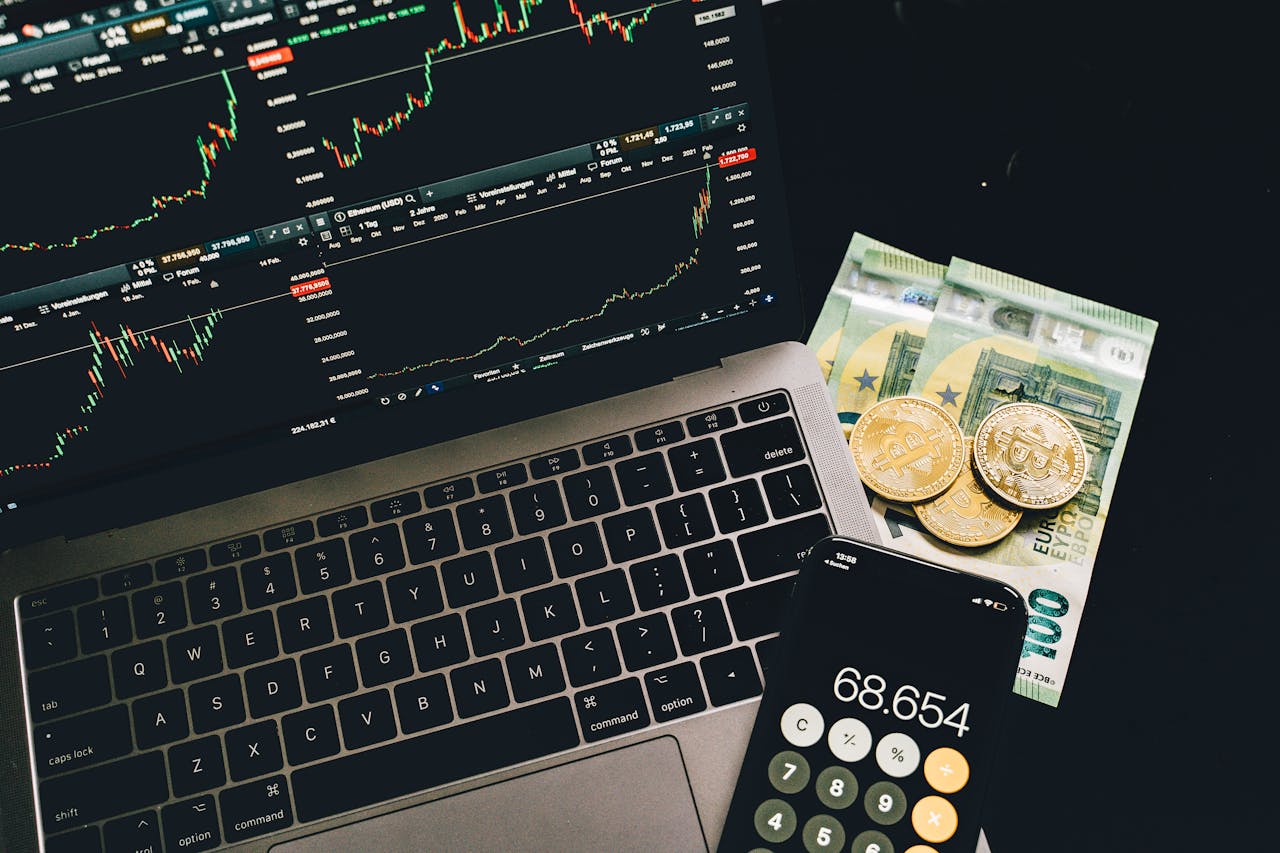Featured
Why profitability remains a problem for Swiss private banks
The private banks in Switzerland are fundamentally well positioned to take on a leading role in sustainability in the future thanks to their strong domestic market, existing expertise, client confidence, networks and the stability of the financial center. Although the share of sustainably invested assets has increased to around 30%, this growth is also due to a very broad definition of sustainable investments.

Although Swiss private banks are increasing their assets under management, their profitability continues to decline. In the meantime, positioning via sustainability issues is becoming a strategic imperative.
The assets under management of the private banks in Switzerland examined by the consulting firm Roland Berger have grown by around 6% annually since 2011, last year by as much as 14% to $6.08 trillion (CHF5.4 trillion). Primarily thanks to strong market performance, while net new money has remained relatively stable between 2% and 2.5%.
According to the study, the average gross margin of private banks is more challenging – it has fallen by a good 15 basis points since 2011 to an average of 87 basis points. The cost-income ratio (CIR) shows that large private banks were able to lower their CIR compared to the previous year.
Read more about Swiss banks commitment to sustainability and find the latest financial headlines with the Born2Invest mobile app.
Why weren’t banks so affected by the corona crisis
However, the CIR of medium-sized, small and very small private banks has risen due to a combination of lower revenues and a higher cost base. Foreign banks in particular appear to have a profitability problem: While around 96% of all Swiss private banks operated profitably, this can only be said for 60% of foreign private banks in Switzerland.
The corona crisis does not seem to affect private banks as much as other industries. After declining in the first quarter of 2020, assets under management have since recovered strongly in line with general market developments. “Private banks were less directly affected by the crisis than other industries and business sectors. This is also reflected in the recovery of assets under management as well as an increase in net new assets at individual banks over the past few months,” said Adrian Weber, Senior Partner for Banking at Roland Berger Zurich.
Sustainability – “Buzz word” or reason to act?
Sustainability is the “buzz word” of recent years – and yet relatively little change can be seen in the banking landscape apart from new product names, as a Roland Berger survey of private banking players in Switzerland on their sustainability maturity shows.
Although 80% of all private banks have the topic of sustainability on their agendas due to increased client demand, only 47% of management boards are pushing the issue on their own initiative.
Around two thirds of the survey participants also show that there is a clear need to catch up on sustainability issues. There is increased pressure to act on three topics in particular:
Banks use sustainability for marketing purposes; the implementation of sustainable ESG elements in banks is often inadequate.
While the vast majority of banks offer sustainable products, this offer is made in order to comply with regulations and not to bring about sustainable changes.
The much-described “cultural change” in terms of sustainability has not yet reached the banks.
Although the share of sustainably invested assets has increased to around 30% (compared to 5% in 2015), this growth is also due to a very broad definition of sustainable investments, according to Roland Berger. According to the survey participants, Covid-19 has further strengthened this trend. At the latest when around $40 trillion of assets will be transferred to the next generation of sustainability natives over the next ten years, there will be no way around a clear positioning on the topic of sustainability.
Well positioned on the topic of sustainability
However, the private banks in Switzerland are fundamentally well positioned to take on a leading role in sustainability in the future thanks to their strong domestic market, existing expertise, client confidence, networks and the stability of the financial center: “The winners will define a new raison d’être through a comprehensive sustainability strategy and the proactive involvement of employees, clients and other stakeholders, promote sustainability efforts in society and create a platform for developing new markets, even beyond traditional business. This will also be a decisive factor in the recruitment of new talent.”
It is therefore high time for private banks to act on the issue of sustainability, also with regard to customers. The bank is by no means left on its own in this respect – partnerships in the sense of an “open architecture” can and should play a central role in order to offer customers the best possible services, according to the experts at Roland Berger.
__
(Featured image by Jonny_Joka via Pixabay)
DISCLAIMER: This article was written by a third party contributor and does not reflect the opinion of Born2Invest, its management, staff or its associates. Please review our disclaimer for more information.
This article may include forward-looking statements. These forward-looking statements generally are identified by the words “believe,” “project,” “estimate,” “become,” “plan,” “will,” and similar expressions. These forward-looking statements involve known and unknown risks as well as uncertainties, including those discussed in the following cautionary statements and elsewhere in this article and on this site. Although the Company may believe that its expectations are based on reasonable assumptions, the actual results that the Company may achieve may differ materially from any forward-looking statements, which reflect the opinions of the management of the Company only as of the date hereof. Additionally, please make sure to read these important disclosures.
First published in investrends.ch, a third-party contributor translated and adapted the article from the original. In case of discrepancy, the original will prevail.
Although we made reasonable efforts to provide accurate translations, some parts may be incorrect. Born2Invest assumes no responsibility for errors, omissions or ambiguities in the translations provided on this website. Any person or entity relying on translated content does so at their own risk. Born2Invest is not responsible for losses caused by such reliance on the accuracy or reliability of translated information. If you wish to report an error or inaccuracy in the translation, we encourage you to contact us.

-

 Biotech1 week ago
Biotech1 week agoBiotech Booster: €196.4M Fund to Accelerate Dutch Innovation
-

 Business5 hours ago
Business5 hours agoThe TopRanked.io Weekly Affiliate Marketing Digest [The Top VPN Affiliate Programs Roundup]
-

 Crypto1 week ago
Crypto1 week agoBitcoin Traders Bet on $140,000: Massive Bets until September
-

 Crypto2 weeks ago
Crypto2 weeks agoCaution Prevails as Bitcoin Nears All-Time High
























